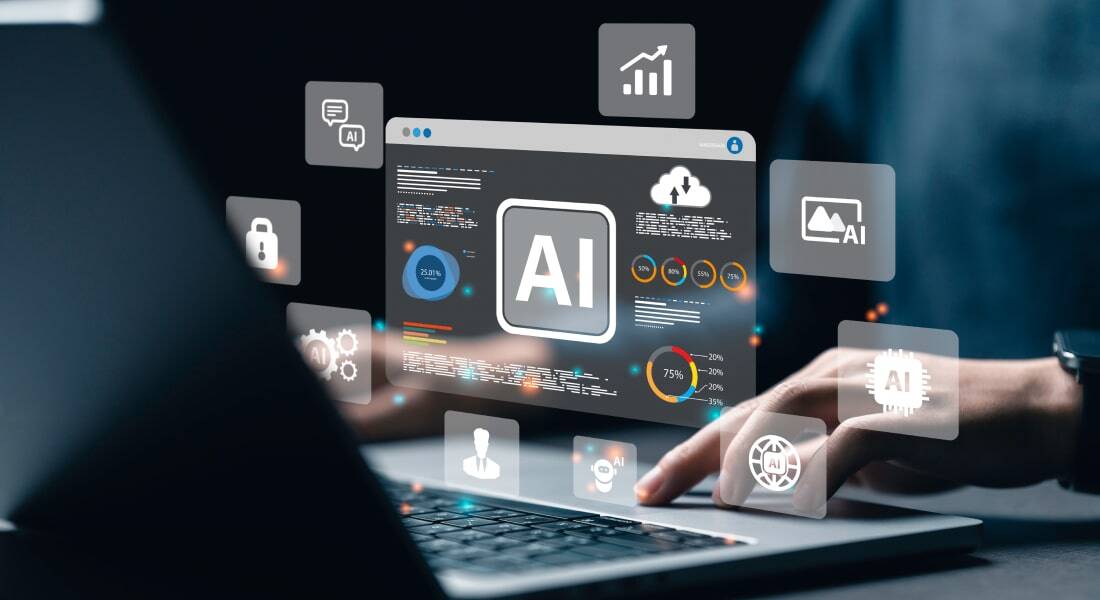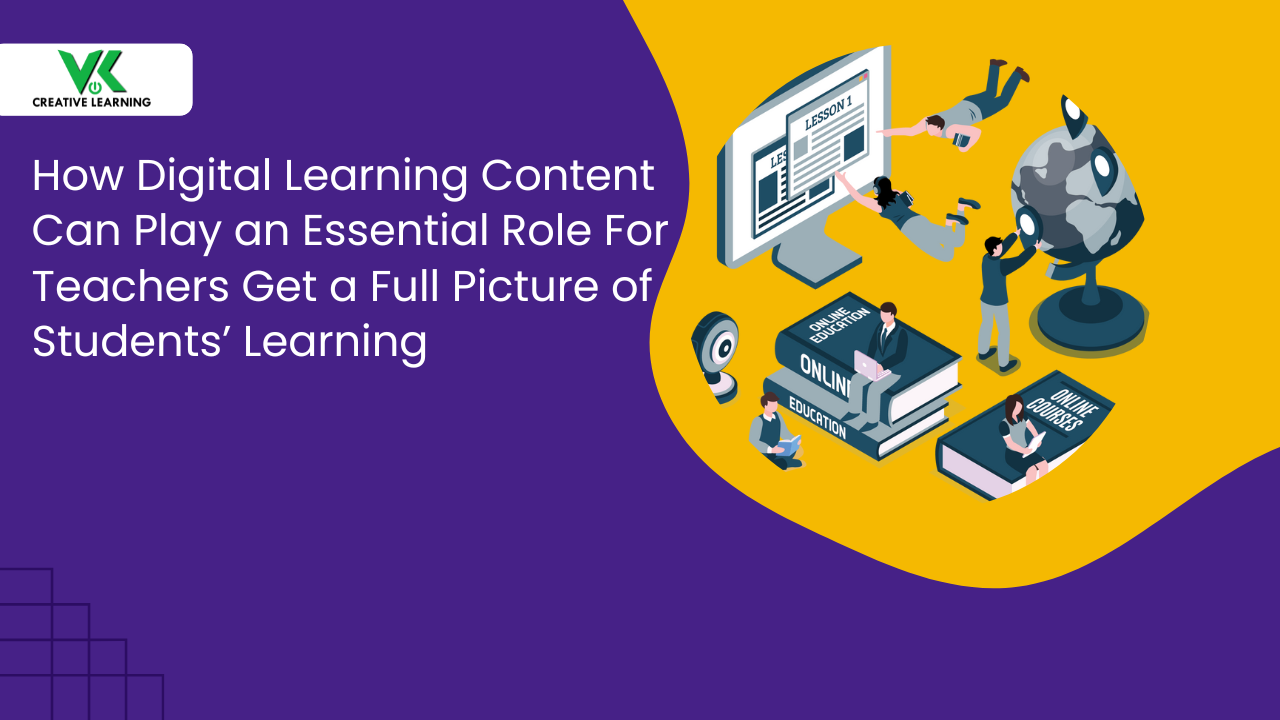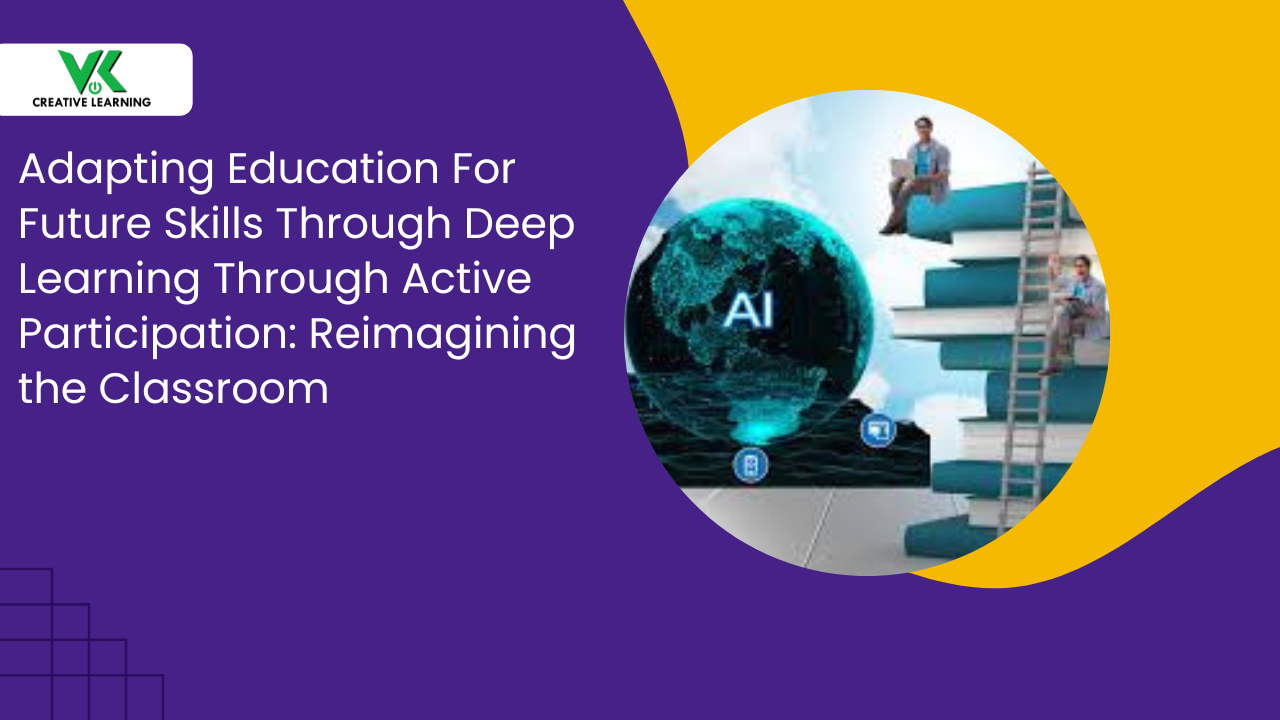Does Training Remote Employees Through e-Learning Work?
March 20, 2025
Training is an important aspect of any company which aspires to grow quickly. However, training people in remote areas or remote geographic locations can be difficult. This is true for any company irrespective of how big it is. The reason is simple and related to employees located in various locations. For example: employees in far-away regions or another country can’t come to a central office for training.
Some of the best examples of real-life situations where certain industries find training tough are as follows.
Corporate firms may struggle when it comes to onboarding exercises. It can also related to providing awareness among employees about new regulations.
Other examples of corporate struggle can be: sales teams handling -- pitches and business conversion. Additionally, included as a part of the challenges are diverse product portfolios and adherence to compliances.
Similarly, engineering firms may find challenges in many aspects. These can be blueprint analyses for mechanical engineers or civil engineers learning structural integrity. The list may extend to debugging complex codes.
On the same lines, the automobile industry employees need to undergo real-time training updates. Some examples: factory workers adapting to automation techniques. More examples can be vehicle technicians upgrading skills, and supply chain managers optimizing logistics.
Unfortunately, traditional training methods may fail to address these issues. This may happen without the help of modern technologies. This is because they are bound by physical limitations that hinder them. Applicable from the perspective of addressing fast-changing dynamic needs.
This is where the use of remote work training sessions through an e-learning platform can be very useful.
E-learning for training for remote work incorporates Learning Management Systems (LMS) of advanced level. This means the courses will be properly structured. Besides, courseware will be accessible to the workforce at any place and at any time.
Elements in e-learning such as 3D explainer videos further turn out to be a boon. Reason: the multimedia component aids to simplify complex concepts.
Examples include: understanding aerodynamics an various vehicles and their designs. It can also be used to analyze robotic assembly lines and to illustrate energy efficiency in machinery.
Add to this mix, the incorporation of gamified quizzes and simulations. These aspects work as engagement and motivating boosting factors.
Some top instances include: virtual sales pitch practice, coding challenges with real-time feedback, and risk assessment in financial modeling.
These are done by e-learning content development services as they build customized remote training programs. These training modules are tuned to the requirements of the companies. Importantly, they ensure skill development specific to the needs of the industry.
All in all, e-learning course development companies have SMEs and specialists to develop content. This helps them to cater to e-learning courseware in sync with industry needs.
What these measures do are: motivate workforce skills development capabilities, retention of real-life application knowledge, and bolster continuous learning.
Table Of Contents:
A Look at Industry-Specific E-Learning Solutions for Remote Work Training
1. Corporations
2. Engineering
3. Retail
Overcoming Physical Training Challenges with E-Learning Remote Work Training
Challenge 1: High Costs in Corporate Training
Challenge 2: Limited Hands-on Learning in Engineering
Challenge 3: Inconsistent Training Quality in Automobile Industry
Challenge 4: Time Constraints in Retail Training
Challenge 5: Engagement Issues in Remote Training
Challenge 6: Difficulty Tracking Learning Progress
Challenge 7: Language Barriers in the Global Workforce
Challenge 8: Rapid Industry Changes
Why E-Learning Content Development Services Are Ideal for Companies?
A Look at Industry-Specific E-Learning Solutions for Remote Work Training
Learning solutions when used for training remote employees are useful tools in many ways. Importantly, this can help to address the training requirements customized to their learning needs. For these requirements to be fulfilled, eLearning content development services can be approached.
Corporations: In the corporate sector, it can be used for training employees on leadership and compliance adherence. Importantly, it can be used for people skills training and for employees of different departments. This would include virtual negotiation training, crisis management simulations, and ethics workshops.
Engineering: Manufacturing firms can utilize the features of e-learning 3D models and animations for training on various concepts. These include circuit analysis for electrical engineers through interactive interfaces.
Other training can be on safety precautions to be taken in hazardous environments. Also, maintenance of various machines and parts of it can be topics too.
Scenario-based learning in e-learning can be utilized to train professionals remotely. Some best situations would be: virtual patient diagnosis and emergency response training. The e-learning training for remote work can also include pharmaceutical compliance coaching.
One of the best ways to train automobile employees east by using virtual training methodologies. When this procedure is utilized, employees can get a hang of multiple topics. These include simulations (user-friendliness) for assembly line training, vehicle diagnostics, and safety protocols --- virtual interaction in play.
Also, electric vehicle maintenance (nuts and bolts), quality control, and driver assistance technologies (latest ones).
A reputed eLearning content development service will only be able to develop such kind of multi-faceted e-learning platform.
Retail: These industries can make use of e-learning platforms to optimize training in customer service. With AI-driven role-playing scenarios, employees will learn how to handle clients smartly.
Some other examples of the same are virtual store interactions, complaint resolution practice, and upselling techniques.
E-learning content development services can be contacted for tailor-making these unique solutions.
They would work on the content such that it is relevant and engaging to learners. Additionally, the learning material will be practical in nature for training for remote employees.
Overcoming Physical Training Challenges with E-Learning Remote Work Training
Challenge 1: High Costs in Corporate Training
Physical training can lead to various types of expenses -- travel, venue, and material costs. Precisely put: leadership boot camps, HR workshops, and compliance seminars).
Solution: LMS-driven e-learning remote work training can minimize expenses; offering structured, reusable modules.
Challenge 2: Limited Hands-on Learning in Engineering
In the engineering field, employees will require real-world experience to understand workplace scenarios. Some specific areas can be: fluid dynamics in mechanical engineering and structural stress analysis.
Solution: 3D explainer videos and VR-based simulations that are part of e-learning courseware can be the best choice.
Challenge 3: Inconsistent Training Quality in Automobile Industry
Not all trainers are the same and hence, this can lead to variation in learning outcomes. Training on assembly line training can be different from safety protocols and diagnostic tool usage. Solution: Standardized remote working e-learning modules for all employees located in different locations can experience uniform training.
Challenge 4: Time Constraints in Retail Training
Employees from sales or with hectic schedules may not have time for lengthy sessions. For training on customer service techniques and store inventory management, it may take a long time.
Solution: Microlearning modules incorporated within the e-learning courseware can offer concise, focused content.
Challenge 5: Engagement Issues in Remote Training
Dull content with no examples and proper explanation can lead to low retention. Elaborately put, topics on corporate compliance training and financial regulations require multiple examples to make learners understand the content.
Solution: An e-learning platform with gamified quizzes, interactive simulated scenarios, and animation-based explanations can be useful.
Challenge 6: Difficulty Tracking Learning Progress
Companies can have a hard time when it comes to assessment of the development of employees. Some best examples can be noticed during onboarding in IT firms or legal compliance in finance.
Solution: LMS-based remote work training virtual platform with analytics can help to understand real-time progress. This way learners' growth in terms of knowledge can be understood. Consequently, the e-learning system can also provide feedback on the essential areas (focus and knowledge expansion).
Challenge 7: Language Barriers in the Global Workforce
Multinational teams may often face communication hurdles in workplace functioning. Some best examples: manufacturing training in diverse regions and customer support for international clients.
Solution: Multilingual e-learning modules are incorporated with content localization to as to ensure inclusivity.
Challenge 8: Rapid Industry Changes
For employees to remain relevant to companies, there is a need for continuous upskilling. For instance, with AI coming into the picture, it may become necessary to learn AI-driven marketing. Other areas can be cybersecurity protocols and medical advancements for doctors and nurses. Solution: for this purpose, e-learning course development companies provide up-to-date digital content.
Why E-Learning Content Development Services Are Ideal for Companies?
E-learning content development services can weave remote work training programs to exactly address the prevailing industry-specific challenges. They also integrate LMS platforms (custom-built) and multiple multimedia elements in e-learning training for remote work.
This helps to understand the content thoroughly -- learning experiences turn better. With AI-based personalization features, remote learners’ learning styles and pace can be tracked. Additionally, the high-end algorithms track their performance too.
These measures incorporated by e-learning content development services, thus, ensure learners’ optimal learning.
The remote work training also features adaptive coding courses, sales coaching modules, and leadership skill progression.
eLearning course development company also lays special emphasis on scenario-based learning. This plays a big role in real-life problem-solving and improving decision-making skills. Examples: corporate crisis simulations, medical emergency drills, and cybersecurity breach response.
Furthermore, the inclusion of gamified training in training remote employees increases motivational factors in a big way. This, ultimately, fosters a culture of continuous improvement in the workplace.
Gamified training includes: point-based compliance training, interactive customer service challenges, and financial market trading simulations. These advanced measures help to achieve effective training for remote employees.
Still better, these steps encourage flexibility and bring competence to the workforce.
Conclusion
VK Creative Learning (VKCL) has become an expert in developing remote work training e-learning solutions. In fact, it has created a niche for itself in creating customized, scalable, and engaging learning experiences.
Furthermore, they are capable of incorporating features associated with LMS, interactive content creation, and industry-specific training. This helps in ensuring a smooth working environment and high workforce development.
Companies partnering with VKCL benefit from high-quality, cost-effective, and innovative e-learning content development services. This aids in making remote training sessions highly productive and at the same time impactful.



